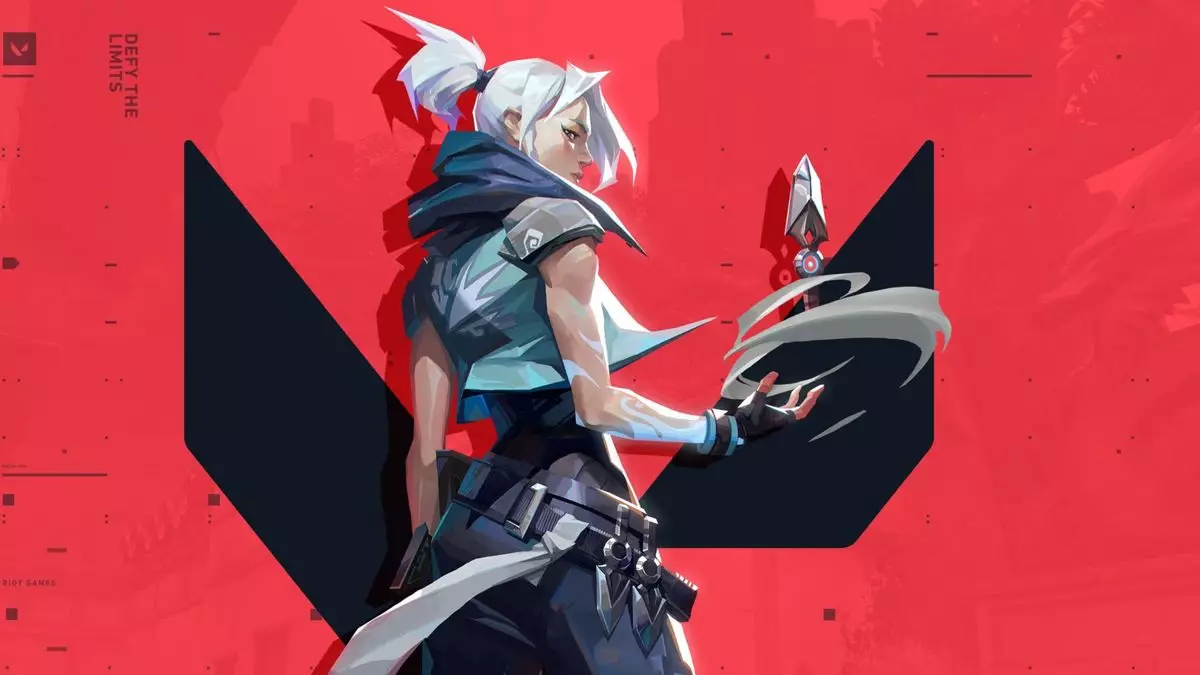Riot Games, the powerhouse behind popular titles like Valorant and League of Legends, has embarked on a mission to refine its terms of service, focusing particularly on addressing problematic gaming behaviors such as stream sniping, boosting, and smurfing. For many, the terms of service are often hastily approved to jump straight into the action. However, within this often-overlooked legal jargon lies vital information that could affect all players, especially content creators who influence the gaming community at large.
Stream sniping—a term that may be unfamiliar to casual players—refers to the practice of gaining an unfair advantage by watching an opponent’s live stream. Players might use this tactic to gain insights into enemy positions or to execute unfair strategies like spawn killing. Recognizing the challenge in policing this behavior, Riot has embarked on developing a reporting system specifically designed to identify and penalize suspected stream snipers. This initiative represents a significant step toward enhanced accountability in online gaming environments where competition should ideally thrive on skill rather than unethical advantages.
The Role of Content Creators in Setting Community Standards
The company’s recent blog post doesn’t stop at addressing stream sniping; it also highlights a troubling trend among content creators who unintentionally—or perhaps intentionally—promote actions that violate game rules. Reports have surfaced regarding sponsored content that endorses services aimed at boosting player rankings or account sales. Such practices not only undermine the integrity of the game but also reflect poorly on the community as a whole.
Riot Games has made it clear that creators who promote these dubious services may find themselves facing consequences. The company will not hesitate to suspend accounts linked to those who engage in sponsorships that advocate breaking their terms of service. This policy is an important reminder that the gaming ecosystem can only thrive when fair play is prioritized—a challenge that extends beyond the game itself and into the communities shaped by influential streamers and content creators.
The Implications of Enforcing Fair Play
As Riot Games progresses towards enforcing these updated rules, the implications are significant. For many players, the practice of boosting or operating under a smurf account may seem like a harmless shortcut to climbing the ranks. However, these tactics distort competitive fairness and dilute the gaming experience for everyone involved. By clarifying the dos and don’ts explicitly within the terms of service, Riot aims to shift community norms and foster an online environment that values integrity.
This initiative poses a challenge not only to individual players but also to the broader gaming community, urging all stakeholders—from players to content creators—to evaluate their roles in maintaining ethical standards. The changes reflect a growing recognition of the influence that streamers exert on gaming behavior and the responsibility they carry to model fair play.
Riot Games is undertaking a pivotal role in reshaping the gaming landscape. By directly addressing the pervasive issues of cheating and the influence of content creators, the studio opens the door to a healthier competitive environment where skill reigns supreme. As the gaming community observes these changes unfold, it remains crucial for players to engage responsibly and ethically, fostering a culture defined by fair play and respect.

